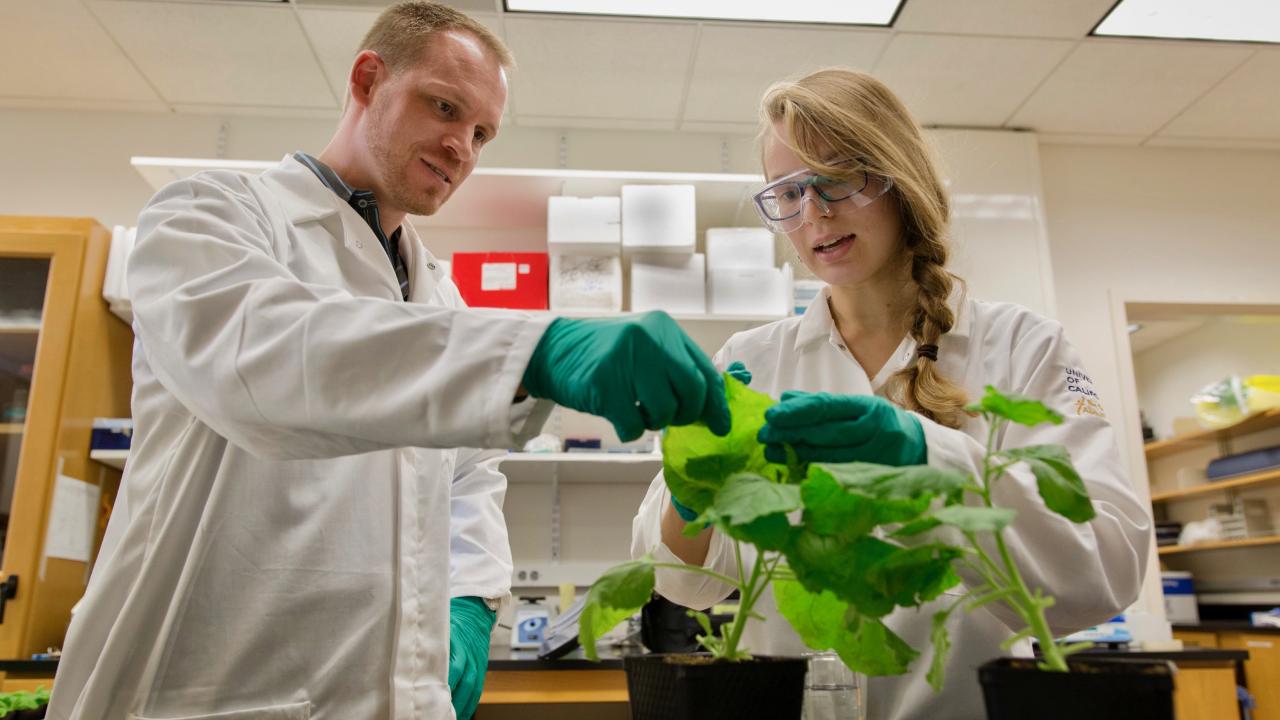
Global Aggies: Born To Be a ‘Biologe’
Faculty Member Philipp Zerbe Shares his Experience with the Language of Plants—and People
Growing up in Germany, Philipp Zerbe knew he wanted to be a biologist by the time he was 5 years old. In fact, he scribbled the decision to become a ‘Biologe’ down on paper, which his parents kept—and gifted to him upon becoming an assistant professor of plant biology in the College of Biological Sciences at UC Davis in 2014.
“It turns out I ended up exactly in that field!” he says.
Currently, the international scholar's research looks into specific chemicals plants produce, and how they in turn use those chemicals as a language to communicate with the environment—and to protect themselves from its stressors.
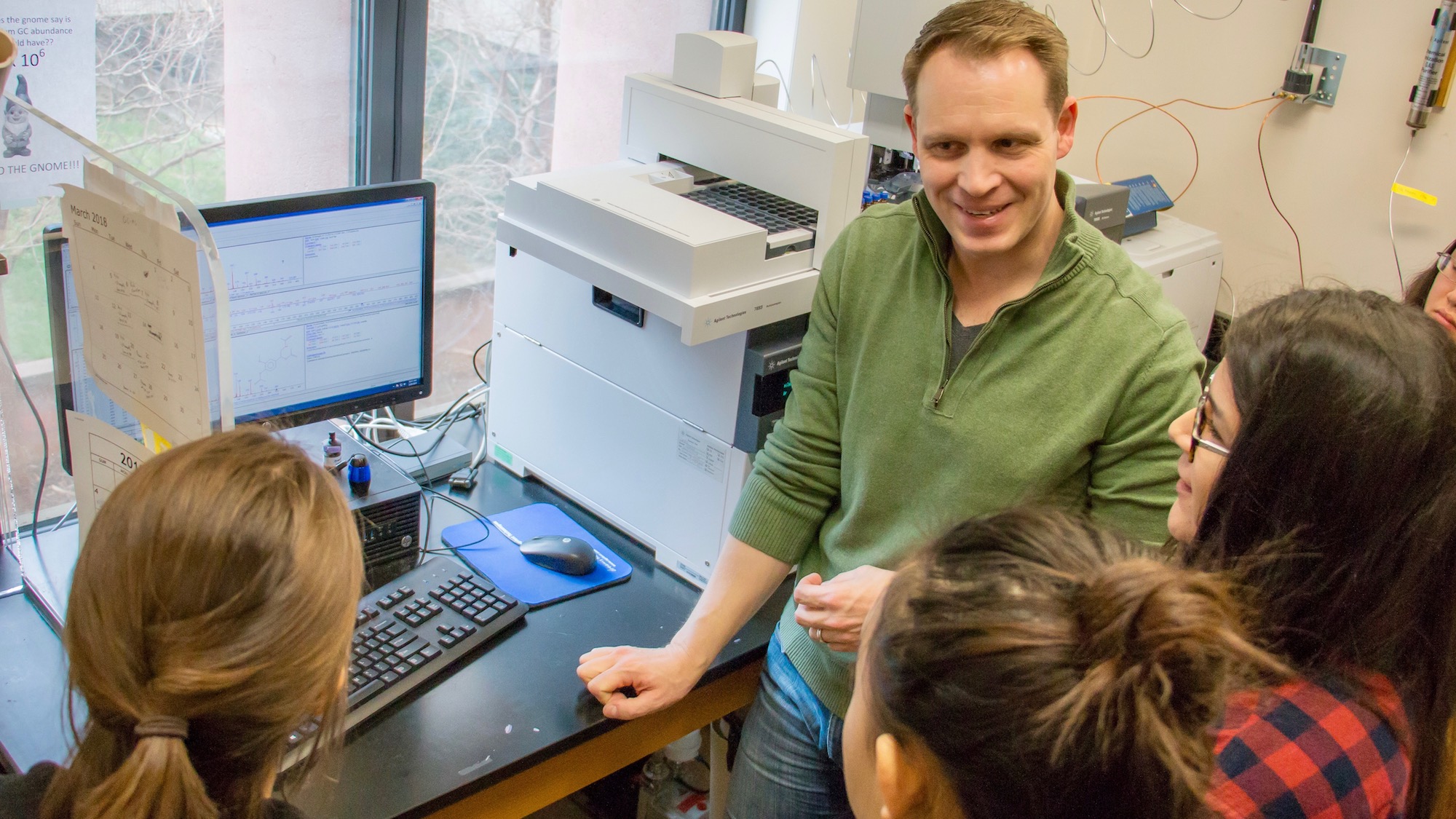
While UC Davis has long been hailed for its pioneering research in the field of plant biology, it was actually the interdisciplinary nature of collaboration that drew Zerbe to campus, which has since translated into a number of joint research and outreach projects crossing the field of chemistry, arts, evolution and ecology.
“Having the opportunity to work with people in a variety of different fields was very attractive to me, both for the research possibilities, but also to be able to train my students within that interdisciplinarity,” he says.
For Zerbe, the best part about this proactive approach is seeing students who have just arrived at the university have the opportunity to explore research and collaboration right away.
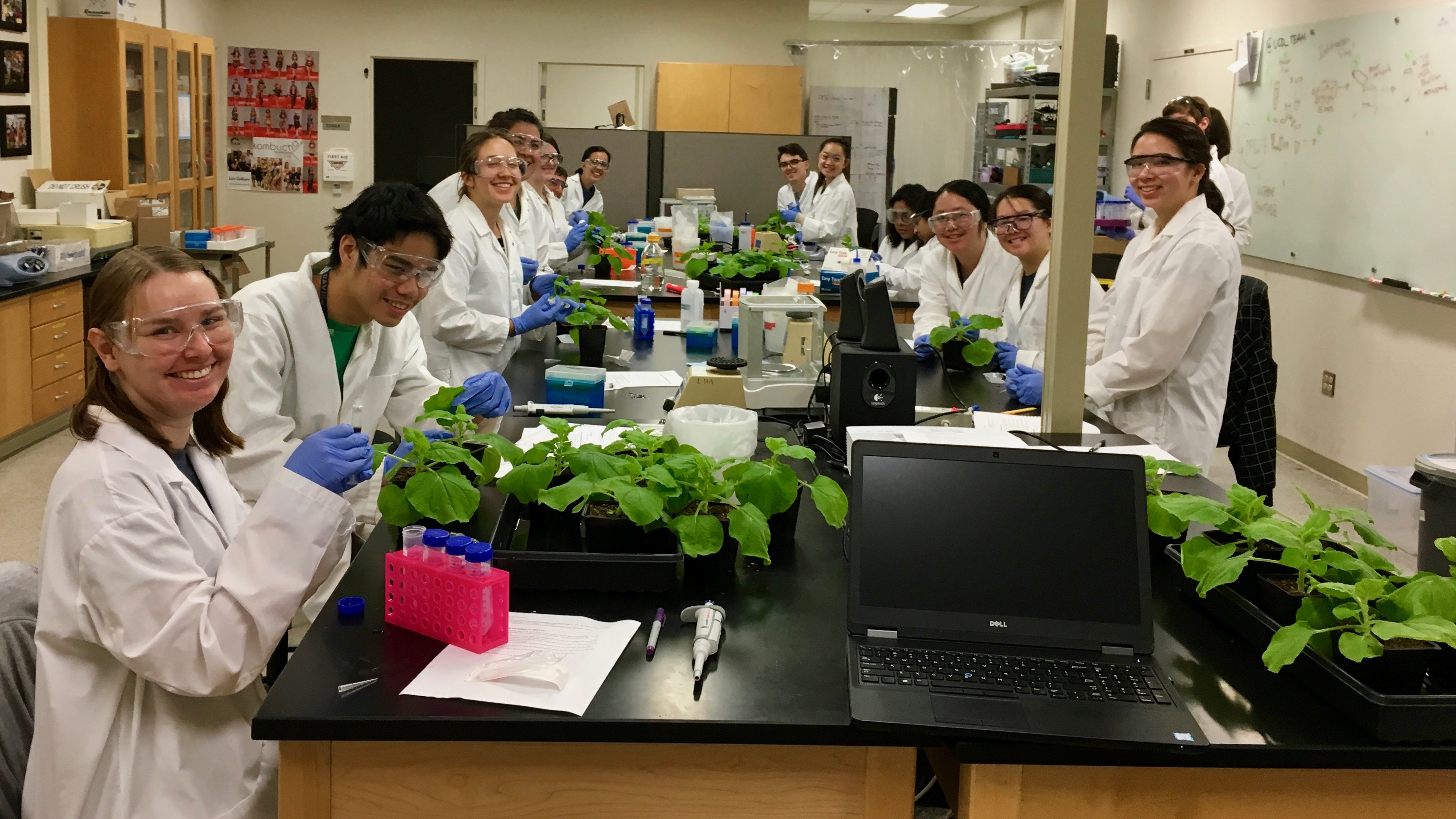
“This is a very exciting part for me in teaching and training,” he says.
“To have this opportunity to work with students, to help open doors to new directions students can explore, has been most rewarding for me since I came to campus.”
Trying on Language Barriers
Zerbe has always had a strong fascination with the natural world. As a kid walking through the forests outside Hagen, Germany, he would pester his parents with questions about how it all actually worked.
“Why is this flower yellow? Why is the other one red?” he would ask.
“Consciously or unconsciously, that has triggered my choices throughout my career, and has led me to understanding how plants communicate at the molecular level with the environment.”
In addition to courses on biochemistry, plant metabolism and a course-based undergraduate research experience class on plant biotechnology, he is also proud to lead a first-year seminar on intercultural communication.
First envisioned by Bridgette Johnson, Ashley Vater, and Kyeema Zerbe of the UC Davis Innovation Institute for Food and Health, the seminar helps first-year Aggies recognize both cultural and international differences—and learn to communicate across them—through various real-life scenarios posed by Zerbe and his colleagues.
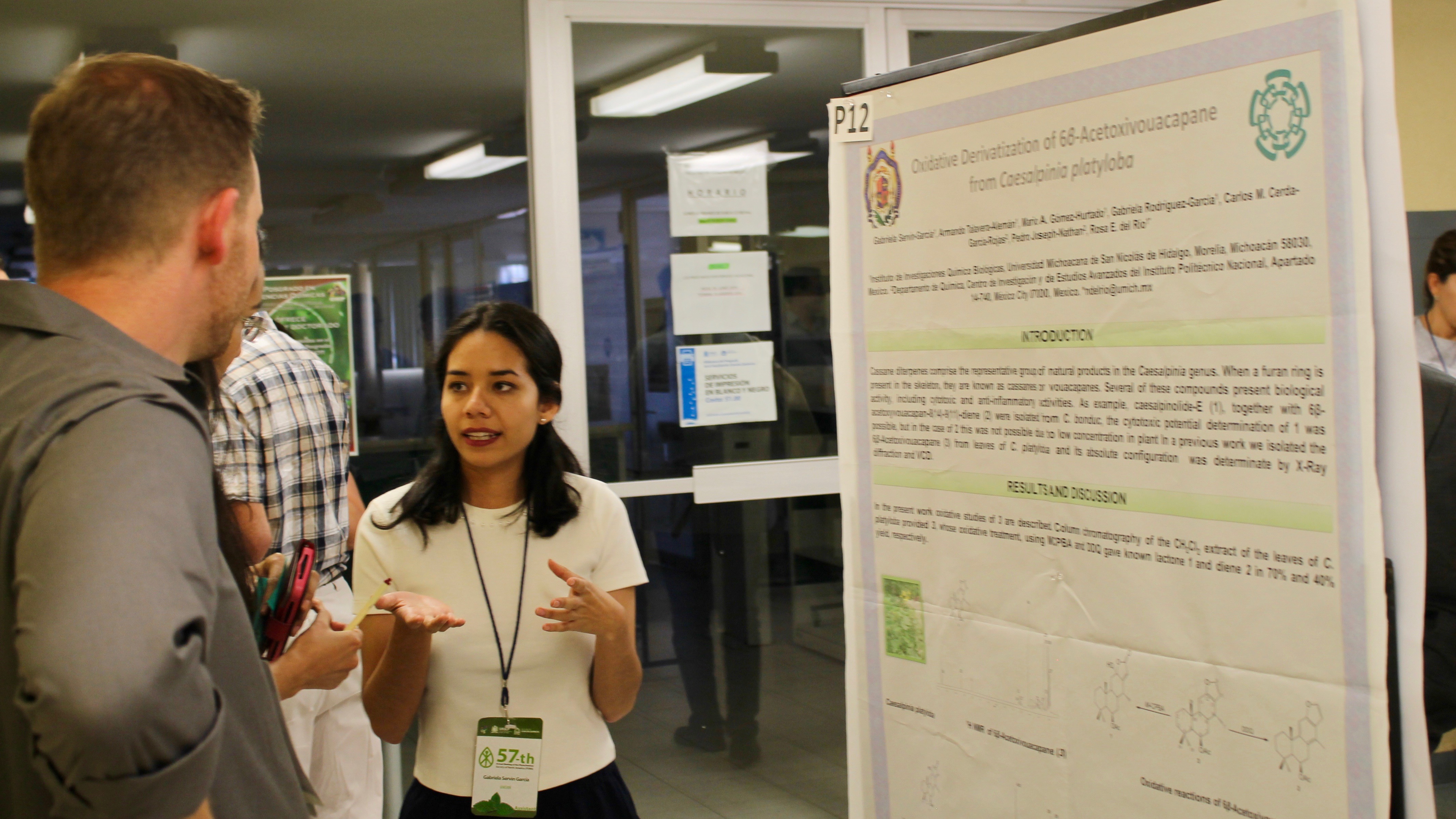
“It is an intriguing tool to highlight to students how difficult it is, for example, to work with someone who speaks little English or who’s resources are far more limited,” Zerbe says.
“I certainly have felt that the students have grown appreciation for those differences, and have discovered new ideas to pursue because of them."
This student outcome has motivated Zerbe to further develop his seminar pedagogy, thanks in part to the Curriculum Enhancement Through Global Learning Program, launched for UC Davis faculty by Global Affairs. As part of the 2018–19 faculty cohort, Zerbe’s participation in these training sessions helped him mastermind how to add more global learning outcomes into his intercultural communication lessons.
“The course really was fantastic for doing that, not only to learn more about modern tools for teaching these kinds of approaches, but also for networking and connecting with people from very different research teams and expertise areas,” he says.
“I really enjoy the possibility to interact with the students, and as we are working together to feel out where the student is heading, what their future goals are."
Schooling ‘Stronger Scientists’
Zerbe is no stranger to global education. He has worked in a number of countries, and whenever possible, welcomes students into his Zerbe Lab from abroad in order to promote cross-laboratory research.
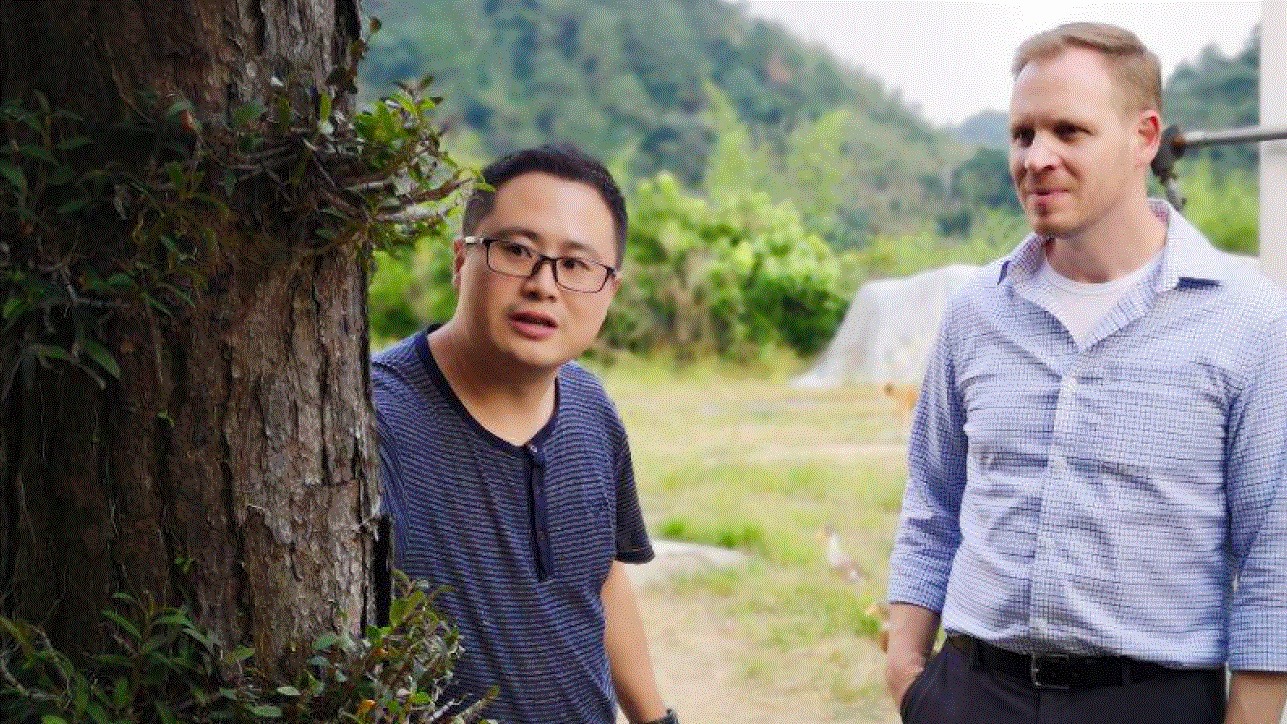
“I think it’s really important for both Californian and international students to appreciate how research is done across different countries,” he says.
“In my personal experience, I have never grown more professionally and personally than when I lived and worked in another country.”
Consequently, trying to expand these research opportunities for both sides is something that Zerbe is incredibly invested in as a trainer.
“It is crucially important for our students now to have these opportunities, because their work will almost certainly be in an international context,” he says.
Two cases in point of such opportunities for collaboration: one of Zerbe’s students recently arrived in Japan for a student exchange, while back on campus, Zerbe contributes to an online journal club for students of Japan’s Nara Institute for Science and Technology and for UC Davis graduate students, thanks to a distance learning program established by fellow Plant Biology Professor John Harada.
“These exchanges provide invaluable context for students on both sides to understand the differences on how research is done at either end,” Zerbe says.
“With these exchanges, students really broaden their horizons—scientifically, personally and culturally. They learn to work with people from different cultures who speak different languages, to cross that barrier, which I think is an enormous strength to develop," he continues.
“In the end, that’s what makes them stronger scientists.”
About Global Affairs at UC Davis
Global Affairs brings the world to UC Davis, welcoming more than 10,000 international students, scholars and leaders, and hosting programs that inspire global curiosity, understanding and engagement. Compelled by the valuable outcomes of thinking globally, we make transformative opportunities a reality by supporting the thousands of students and faculty studying and researching internationally—and by facilitating collaborations that tackle the world's most pressing problems through more than 150 international partnerships.
Putting our vision of a UC Davis community that engages, thrives, and leads in this interconnected world into action, Global Affairs is now in pursuit of an ambitious goal: Global Education for All.